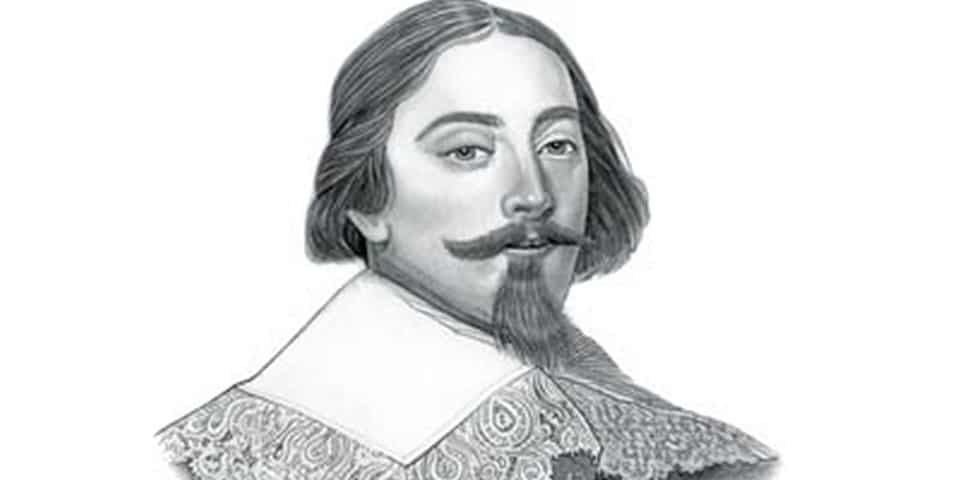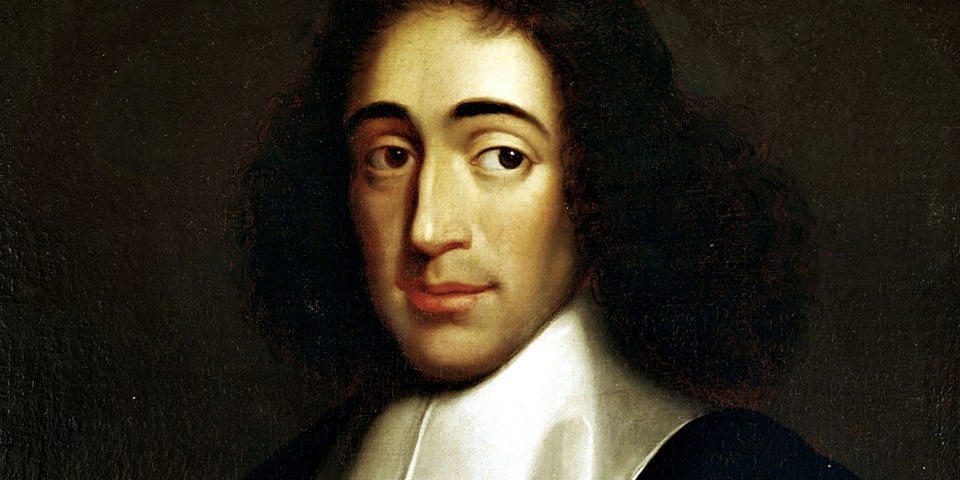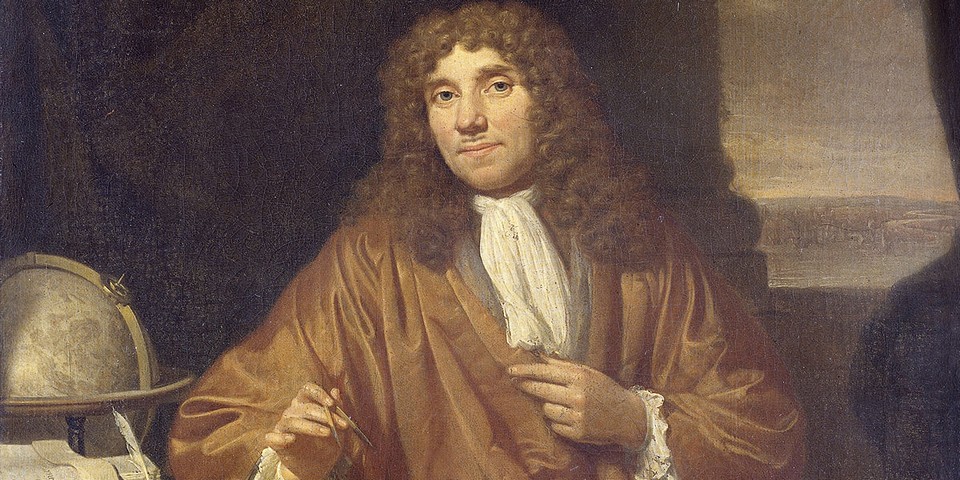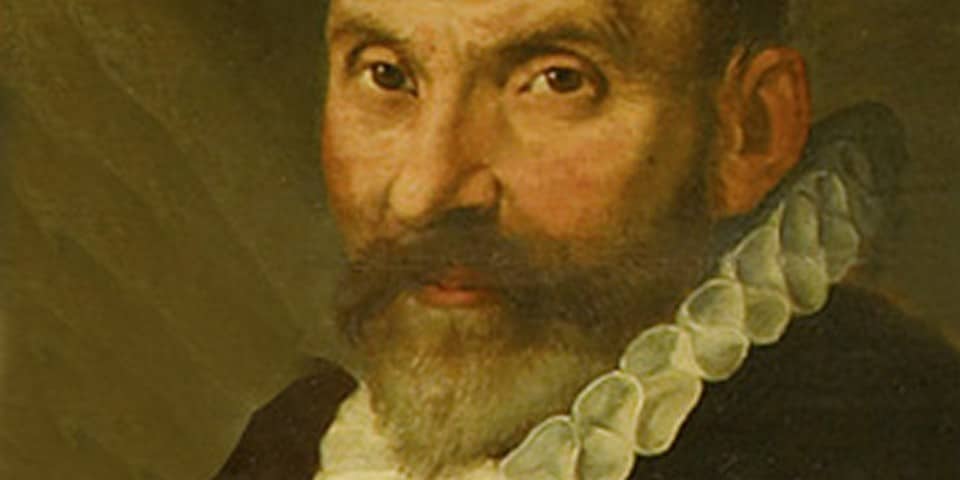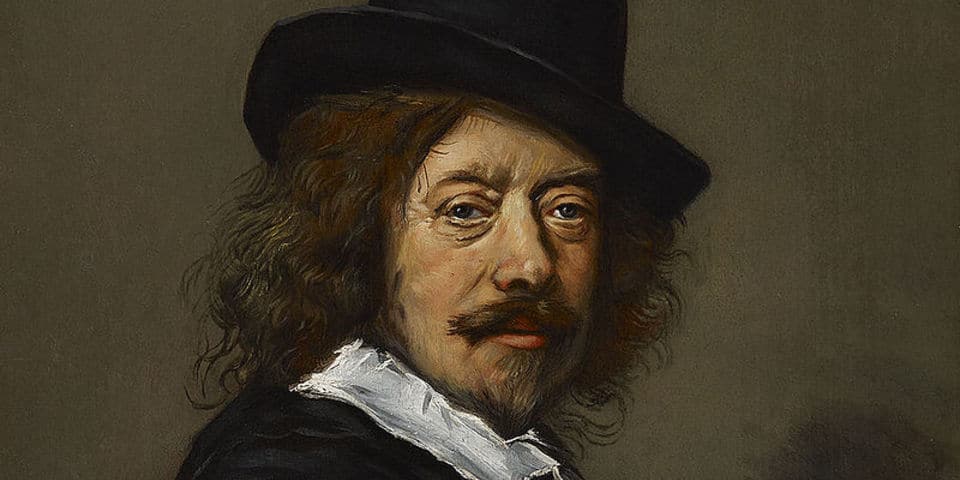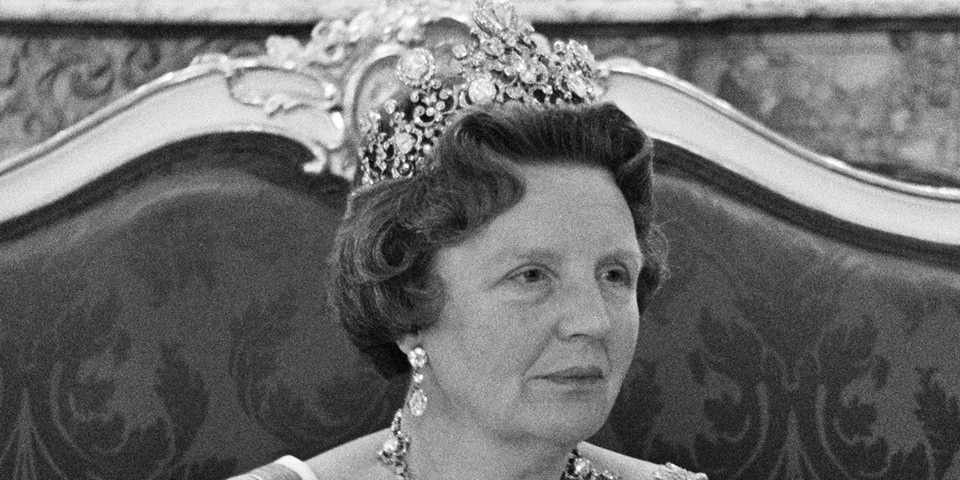Erasmus of Rotterdam (Desiderius Erasmus Roterodamus) was a scholar, philosopher, and writer of the late fifteenth and first half of the sixteenth centuries.
- What made you famous? The emergence of this thinker marked the beginning of the development of the ideas of humanism in the European world of the Renaissance.
Bigraphy
Erasmus of Rotterdam was born on October 28, 1469 (or 1467) in the town of Gouda, a suburb of Rotterdam. Gouda is at the crossroads of Rotterdam to Amsterdam and Utrecht to The Hague.
His father was the son of a wealthy burgher, preparing for the clergy profession. His love for an ignorant girl forced him to give up his career, but the lovers never married, and the child born out of wedlock, named Gergard (Gerrit Gerritszoon), grew up and was brought up with his mother. The name given at birth was transformed by Latin influence into Desiderius Erasmus. The addition of Rotterdam indicates the place where the thinker lived.
Erasmus attended elementary school in his native town, then the Geert Groot School in Deventer, where he studied ancient literature. After he lost both his father and mother in a plague epidemic at the age of 13, Erasmus finds himself in a monastery. This was because an illegitimate child in those days could not hope to hold any important and monetary office.
In the monastery of the Augustinian monks Erasmus lived from 1486 to 1492, taking the monastic order in 1492, tirelessly studying Latin and Greek, mastering the sciences, reading philosophical and artistic works of antiquity, mastering the skill of public speaking.
Erasmus makes progress and is invited to serve as secretary to the bishop in Cambrai, in northern France, keeping the lord's correspondence in Latin. And from 1493 he went to Paris and continued his education there until 1499. An important milestone in his biography was the meeting with Lord Mountjoy, who invited Erasmus on a joint trip to London. There Erasmus met the great Utopian philosopher Thomas More, the theological philosopher John Colet, Bishop John Fisher. A meeting also takes place with the future King of England, Henry VIII. From this time on, a long friendship and correspondence between the Dutch and English thinkers began.
Since 1499, after his return to France, Erasmus travels to Orleans, Leuven, Rotterdam. In 1505-1506 Erasmus's dream of wandering in Italy came true: Turijn, Bologna, Florence, Venetië, Padua, Rome. He was enthusiastically received at the University of Turin with a Doctor of Theology degree and was welcomed by the Pope (De Paus) himself, by allowing him to wear clothes according to the rules of the countries in which Erasmus would find himself.
In 1506 Erasmus went to England, having been invited to teach at Oxford and Cambridge and having the support of King Henry VIII.
Having been simultaneously invited to become a professor at Oxford and Cambridge, Erasmus chose Cambridge because it was run by his like-minded colleague John Fisher. Erasmus teaches ancient Greek and theology based on his own translation and interpretation of the New Testament (Het Nieuwe Testament).
This approach to teaching theology was groundbreaking because Erasmus of Rotterdam criticized medieval theologians like Thomas Van Aquino, who quoted from the Bible without thinking about the meaning of this great book.
In 1511 Erasmus of Rotterdam was made professor of theology at the University of Cambridge.
In 1513 the thinker moved to Germany, traveled extensively in that country, returned to England in 1515, and in 1516 settled in Basel under the patronage of Charles of Spain (Charles V of Habsburg; Carl Spaans, Keizer Karel V Van Habsburg). The philosopher is hired as an advisor to the king with a salary of 400 florins. This position allows him to do a lot of science and travel: Erasmus visits Brussels, Antwerpen, Freiburg and others.
The philosopher ended his days in Basel on July 12, 1536.
Works
Paris was the city where Erasmus of Rotterdam's first works appeared. The first book published was Adagia, a collection of aphorisms and cautionary humorous stories, compiled on the basis of books by ancient authors. This book brought the author fame throughout Europe.
In 1501, a treatise on religion and ethics entitled The Arms of the Christian Soldier, published in 1504, appeared. Here Erasmus showed what he considered essential to the Christian religion: not mindlessly performed rituals, but the constant spiritual self-improvement of man, striving to conform to the commandments of Christ.
His central work was written during a trip to England in 1509, The Praise of Folly, in which he criticized medieval scholastic theology.
"A Praise of Folly was printed in Paris in 1511 and was reprinted seven times in one yearThe philosopher was a great success, more than 40 times during his lifetime, and more than 200 times before the end of the nineteenth century, including translations into various languages.
The book presents the writer's satirical view of humanity with its vices, prejudices, mistakes, repeated from age to age and having a universal character and have not lost relevance in our time.
Another reason for its popularity is the overall tone of the book, filled with humor but not sarcasm, irony but not harsh denunciation, a kind of satirical optimism. The work became an elegant parody of Stupidity's praise of herself. The great humanist's book is filled with faith in a man capable of overcoming his shortcomings.
Already in his first writings, Erasmus shows the unity of a writer, a scholar and a philosopher in one person. His works had a great influence on the minds of his contemporaries, bringing the author the title of "European oracle". Literary and publicistic works of Erasmus begin to form the views and life position of a man of the 16th century.
Erasmus corresponded with several kings (King Henry VIII Tudor of England, King Francis I Valois of France; Hendrik VIII Tudor, Frans I van Valois, etc.), the pope, scholars and statesmen. Many of these dignitaries sought his advice and support.
Important works appear in 1515 and 1516: "The Instruction of the Christian Sovereign" and "The Complaint of Peace".. These books expressed the writer's protest against wars, the conquering policies of European states, enmity between countries and peoples, and represented a fervent call for peace.
In 1524 he created the treatise "On Freedom of the Will", in which he speaks out against the ideas of the Reformation. In 1533 there is a work "On the desired ecclesiastical harmony", calling for peace and mutual respect of representatives of different religious views and directions. In the course of several years, from 1518 to 1533, he writes a book called Conversations at random, devoted to the problems of pedagogy.
How he glorified himself in theology and philology
Erasmus of Rotterdam was a versatile scholar. His first field of study was philology. From a young age he loved ancient books, so he was engaged in collecting, translating and interpreting the works of ancient writers. For example, he translated and prepared an edition of the works of the famous ancient Greek tragedian Euripides, the ancient Greek satirist and the first fiction writer Lucian, and others.
At the same time, he wrote works on the ancient Greek language, examining the phonetics of this ancient language. Many of his conclusions are still valid today and form the basis of research into the language of ancient Greece.
An important direction was theology - the scientific study of the texts of the Gospels and the epistles of the Holy Apostles, and their bold interpretation. Without meaning to, Erasmus laid the groundwork for the emergence of the Protestantism movement within the Christian religion.
Another area of the scholar's research is pedagogy. Erasmus of Rotterdam is considered the founder of humanistic pedagogy. He formulated his views in the works "On the initial education of children," "On the good upbringing of children," "Conversations," "Method of teaching," "The way to write letters," etc.
Ideas of humanistic pedagogy
The statements of Erasmus of Rotterdam are still leading in the theory of education and upbringing:
- Personality is not inborn, it is formed under the influence of upbringing;
- The most important direction of education and upbringing is the intellectual development of the individual in conjunction with the formation of morals and religious beliefs, as well as physical development;
- The task of upbringing is to reveal the pupil's potential in his or her active activities, above all, in work;
- Every person is worthy of respect because he has a will and is the subject of any events that take place;
- A man is responsible for his actions, etc.
Erasmus was the first to point out that every child is worthy of careful and respectful treatment because he is a whole world, a spark of God. The philosopher opposed violence, any punishment used in the process of education and upbringing, and expressed the idea of compulsory universal public education.
The ideas that a child's education should begin at the age of 3 years old, and from the first steps it should be scientific, seem interesting.
Languages (Latin and Ancient Greek) should be studied in the early stages, since it is at an early age that a child quickly learns languages. Teaching young children should be built in a pleasant for the child and understandable for him game form, and offer the child a large number of tasks to memorize.
All education should be based on mutual respect and love of teacher and student.
The ideas of the great humanist
Erasmus of Rotterdam was characterized by liveliness and mobility, vital optimism, openness and sociability, an interest in learning new things. He turned out to be one of the people who are not tied to any one country. He felt neither Dutch, as he was by birth, nor German, as he was by residence and service. He recognized himself as a citizen of the world, treating all countries equally. He attached no importance to a person's nationality, and considered ancient Greece and Rome to be the closest to him in spirit.
This affiliation with all countries and none at all seems to have led him to Basel, which had the status of a city outside states and outside politics.
Throughout his life Erasmus of Rotterdam was faithful to his own views on the structure of society and religion and did not subscribe to any of the reform movements in the church. The integrity of his views and his desire for peace and mutual respect made him a great figure who proclaimed the ideas of true humanism.
Quotes
- It is admirable that nature is wise, to infinity and making all equal.
- Language is the most effective means to achieve mutual understanding and peace.
- No world is more imperfect than any brilliantly won war!
- Rulers have more power than enlightenment; they listen more to the voice of lust for profit than to reason.




